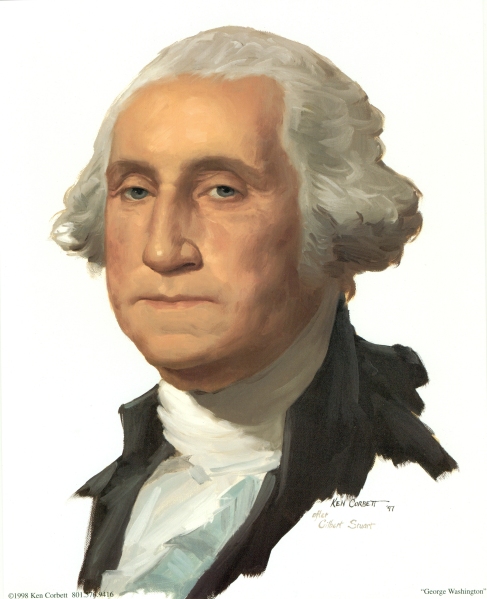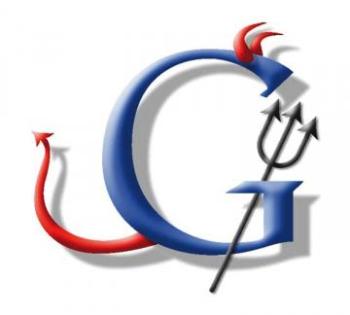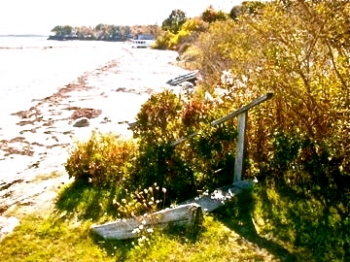The best quote to start this article with would have to be, “The student of British culture reported that Wikipedia proved as accurate as the Encyclopedia Britannica and easier to use”. That one sentence says it all. I feel as if the reoccurring theme I keep getting back to on this blog is that, it is not the material or source that needs to be scrutinized but the researcher. When using an open source, or a wiki, a source that can be changed by another person, one must examine the credibility of that person or source. In the case of Wikipedia, Roy Rosenzweig’s article makes it clear that while it is not the preferred historian reference it may be a good starting point. If you open up any Wikipedia article, the sources are listed below. Many times, those sources, (mainly secondary sources), supply you with a baseboard to jump off of into a topic or theme. I mainly prefer primary sources when researching a topic for a thesis paper or project but I’ve found on numerous occasions that the people, books or other forms of sources cited at the bottom of a Wikipedia page help me to understand a topic and see how the page construction came to be. On one or two occasions I have had in depth conversions with my professors about historical accessibility. One of the main reasons I am a history major and public history minor is that I want to pursue a career in the field and show people who may have fallen asleep in their high school US History class how history comes alive if you look at it the right way. Wiki’s are one way of opening that door. Once a person understands that history is a living and breathing thing, I have seen people from all sorts of backgrounds suddenly see that spark in historical data that I can only describe as a light switch being turned on. It may be as simple as attending a historical reenactment or living history exhibit where people are dressed up in costume and acting in character. Where do those people turn when their interest is peeked? Google. Where does Google bring the average person researching the life of George Washington? Wikipedia. If Wikipedia is just as reliable as a top-notch encyclopedia what is to stop that average person from scrolling to the bottom of the page and seeing a book citation? What is to stop that person from then turning to Amazon and picking up a book that gives them a foundation to a historical mind? Accessibility. If historians prefer intellectual doctoral thesis papers and essays among their peers there is nothing wrong with that. However, there is undeniable promise in the accessibility and reliability of online wiki’s.
(Every child’s first historical figure!)




